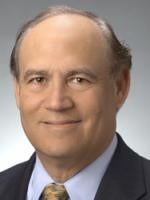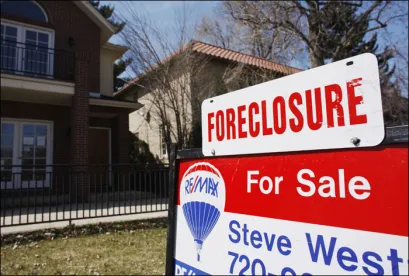Deutsche Bank Trust Co. v. Beauvais, Case No.: 3D14-575 (Fla 3rd DCA April 13, 2016)
Based on Beauvais, lenders should take a look at their loan documents, paying particular attention to any non-waiver and acceleration provisions and consider, if not included, addressing the issue of de-acceleration. With the entire Third District Court of Appeals weighing in on the issue, an unusual event, a divided court (6 to 4) held that that when a foreclosure is dismissed with or without prejudice, the parties are put back in the status quo that existed prior to the filing of the dismissed action, leaving the lender free to accelerate and foreclose on subsequent defaults. Because of the opinion’s reliance on the text of the loan documents, a different loan with different language may result in a lender’s claim being time-barred in this situation.
In this case, the lender filed a foreclosure action after declaring a default and accelerating the balance based on the borrower’s failure to make a payment due on September 1, 2006. That lawsuit was dismissed. A successor in interest to the originating lender filed a second foreclosure action on December 18, 2012. The condominium association challenged the second foreclosure, arguing that the lender was not entitled to foreclose because it failed to pursue foreclosure within five years of the acceleration. A summary of the mortgage stated that the borrower could reinstate at any time up to the final judgment. Therefore, dismissal of the first foreclosure case did not bar a second foreclosure action, even when the second lawsuit was filed more than five years after the initial acceleration of the debt. The five-year statute of limitations could not act as a bar to the second foreclosure action, which was based upon installments that were not delinquent at the time of the first foreclosure action.
Collazo v. HSBC Bank USA, Case No. 3D14-2208 (Fla 3rd DCA April 13, 2016)
In Collazo, a three-judge panel handed lenders a second victory. The court reversed a final judgment of foreclosure because the second foreclosure action, filed in 2014, was based in part on the same payment defaults as were alleged in a prior foreclosure action. Those installments were over five years delinquent at the time of filing the 2014 foreclosure action, thus being barred by the five-year statute of limitations. The case has been remanded to the trial court to determine the sums due under the mortgage by excluding the monthly installment payments due over five years before the second foreclosure suit commences. The message in Collazo is clear: if a lender is going to file a second foreclosure action, the basis of the default must have accrued within the past five years to avoid being time-barred.
Citimortgage, Inc. v. Flowers, Case No. 4D15-2452 (Fla. 4th DCA April 13, 2016)
In Flowers, the Fourth District Court of Appeals reversed an order that vacated the lender’s foreclosure judgment, holding that where the association filed a foreclosure and lis pendens prior to the lender,Quadomain did not apply. In Quadomain, the court held that once a lis pendens is recorded, the court presiding over that lis pendens has exclusive jurisdiction to adjudicate any interest in that property. This means any other interests, if not a party, would need to intervene. The court reasoned that the bank’s mortgage was recorded before the association filed its foreclosure action, and Quadomain only applied to unrecorded interests. Therefore, the lender did not need to intervene in the association’s foreclosure action.




 />i
/>i
